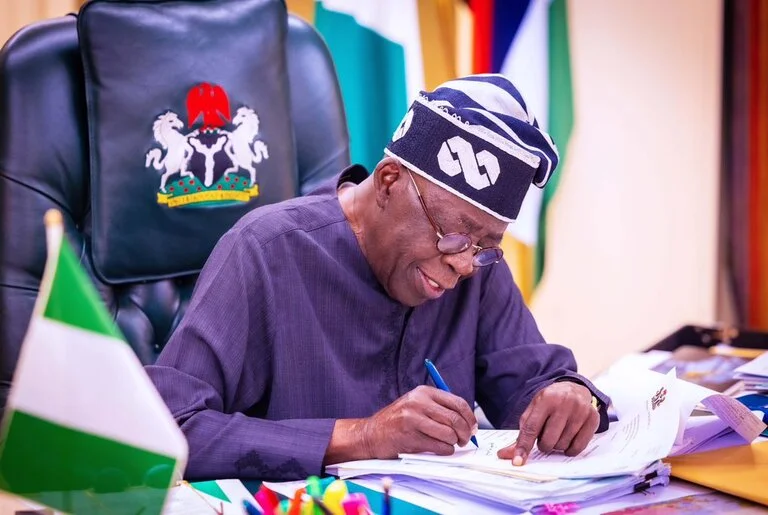President Bola Tinubu has sanctioned a N4 trillion bond to settle verified debts owed to power generation companies (GenCos) and gas suppliers, a move aimed at stabilizing Nigeria’s electricity market and boosting investor confidence in the sector.
The disclosure was made by the Minister of Power, Adebayo Adelabu, in Abuja during the Expert Forum on “Uninterrupted Power: The Industrial Imperative,” organized by the Nigeria Economic Summit Group. He highlighted ongoing reforms under the Federal Government’s Renewed Hope Agenda designed to make the power sector both sustainable and commercially viable.

Adelabu explained that the bond is part of a broader financial stabilization strategy to address longstanding liabilities that have impeded investment and liquidity throughout the electricity value chain.
“To stabilize the market, Mr. President has approved a N4 trillion bond to clear verified debts owed to GenCos and gas suppliers. In parallel, a targeted subsidy framework is being developed to protect vulnerable households and ensure a sustainable pathway toward full commercialization of the sector,” he said.
The minister outlined a multi-faceted approach by the government to reposition the sector for sustainability, efficiency, and growth, covering legislative reforms, policy initiatives, infrastructure development, energy transition, and the promotion of local content.
He further noted that recent tariff reforms, which allowed cost-reflective tariffs for selected consumers, have already led to improved supply reliability while reducing industrial energy costs.
“Sector revenue has seen significant growth. Industry revenue rose by 70% to N1.7 trillion in 2024 compared to the previous year, and it is projected to surpass N2 trillion in 2025,” Adelabu added.

Emphasizing the importance of a stable electricity market, the minister stated that clearing these debts will provide relief to GenCos and gas suppliers, whose unpaid invoices have long constrained generation capacity and operational efficiency.
He also reassured stakeholders that infrastructure initiatives, including the Presidential Power Initiative, aim to expand generation and transmission capacity nationwide.
“Infrastructure development programs have been launched to accelerate the modernization and expansion of the national grid. Under phase zero of the Presidential Power Initiative, we enhanced transmission capacity, grid stability, and overall reliability, achieving over 700 megawatts of additional transmission capacity. Phase One contracts have been signed with Siemens Energy, CMEC, Elswedy Electric, and Power China, with financing arrangements underway. Phase One is expected to add 7,000 MW of operational capacity,” he said.
On the generation front, Adelabu highlighted ongoing rehabilitation of existing NIPP plants to unlock approximately 345 MW, alongside the successful integration of the 700 MW Zungeru Hydropower Plant into the national grid.




